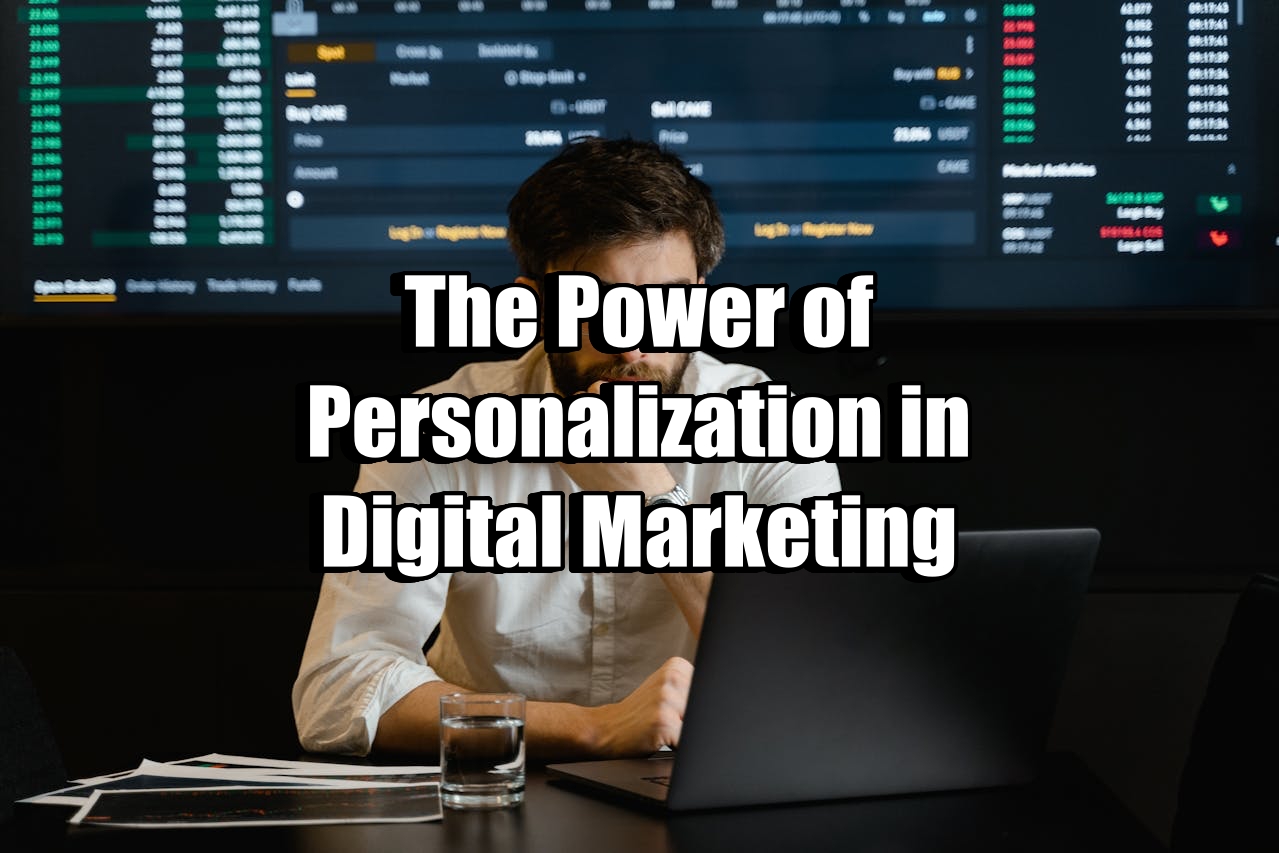Skip to content
The Power of Personalization in Digital Marketing
In today’s fast-paced digital world, consumers expect more than generic advertisements and mass email blasts. They want personalized experiences tailored to their needs, interests, and behaviors. Personalization in digital marketing has evolved from a competitive advantage to a necessity for brands aiming to build strong customer relationships and drive conversions.
Why Personalization Matters
-
Enhanced Customer Experience – Personalization makes customers feel valued and understood, leading to greater brand loyalty.
-
Higher Engagement Rates – Customized content, emails, and product recommendations increase interaction and time spent on websites.
-
Improved Conversion Rates – When messages align with customer needs, they are more likely to take action.
-
Better Customer Retention – Personalized experiences build trust, encouraging customers to return.
Key Personalization Strategies
1. Data-Driven Marketing
Successful personalization relies on data collection and analysis. Businesses can track customer behavior, purchase history, and preferences to deliver targeted content. Tools like Google Analytics and CRM software help in gathering and analyzing this data effectively.
2. Personalized Email Campaigns
Emails that address recipients by name and offer tailored content perform significantly better than generic ones. Brands can use segmentation to send relevant promotions, abandoned cart reminders, and personalized recommendations.
3. Dynamic Website Content
Modern websites adjust content based on user behavior. For example, e-commerce sites show different homepage banners or recommended products depending on browsing history.
4. AI and Machine Learning
AI-powered chatbots, predictive analytics, and recommendation engines enable hyper-personalized marketing. Streaming platforms like Netflix and e-commerce giants like Amazon use AI to recommend products and content based on user behavior.
5. Social Media Personalization
Social platforms offer advanced targeting options to display ads to specific audiences based on demographics, interests, and past interactions. Brands can use retargeting strategies to re-engage users who previously interacted with their content.
Challenges of Personalization
-
Data Privacy Concerns – Consumers are increasingly wary of how their data is used. Brands must be transparent and comply with GDPR and CCPA regulations.
-
Implementation Complexity – Effective personalization requires robust data management systems and advanced AI tools, which can be costly.
-
Avoiding Over-Personalization – While personalization enhances experiences, excessive targeting can feel intrusive and deter potential customers.
The Future of Personalized Marketing
As AI and automation continue to advance, personalization will become even more precise. Brands that effectively implement personalized strategies will stay ahead of competitors by fostering deeper customer relationships and increasing engagement.
Final Thoughts
Personalization in digital marketing is no longer optional—it’s expected. Businesses that leverage data-driven insights and tailor their messaging can enhance customer satisfaction, boost conversions, and build long-term loyalty.

One response
I feel like this will never change, no matter how advanced technology becomes. People are not from cookie cutters, we are some simple & all complex individuals. We want a direct line to a real person to hear our situation, not an automated option.